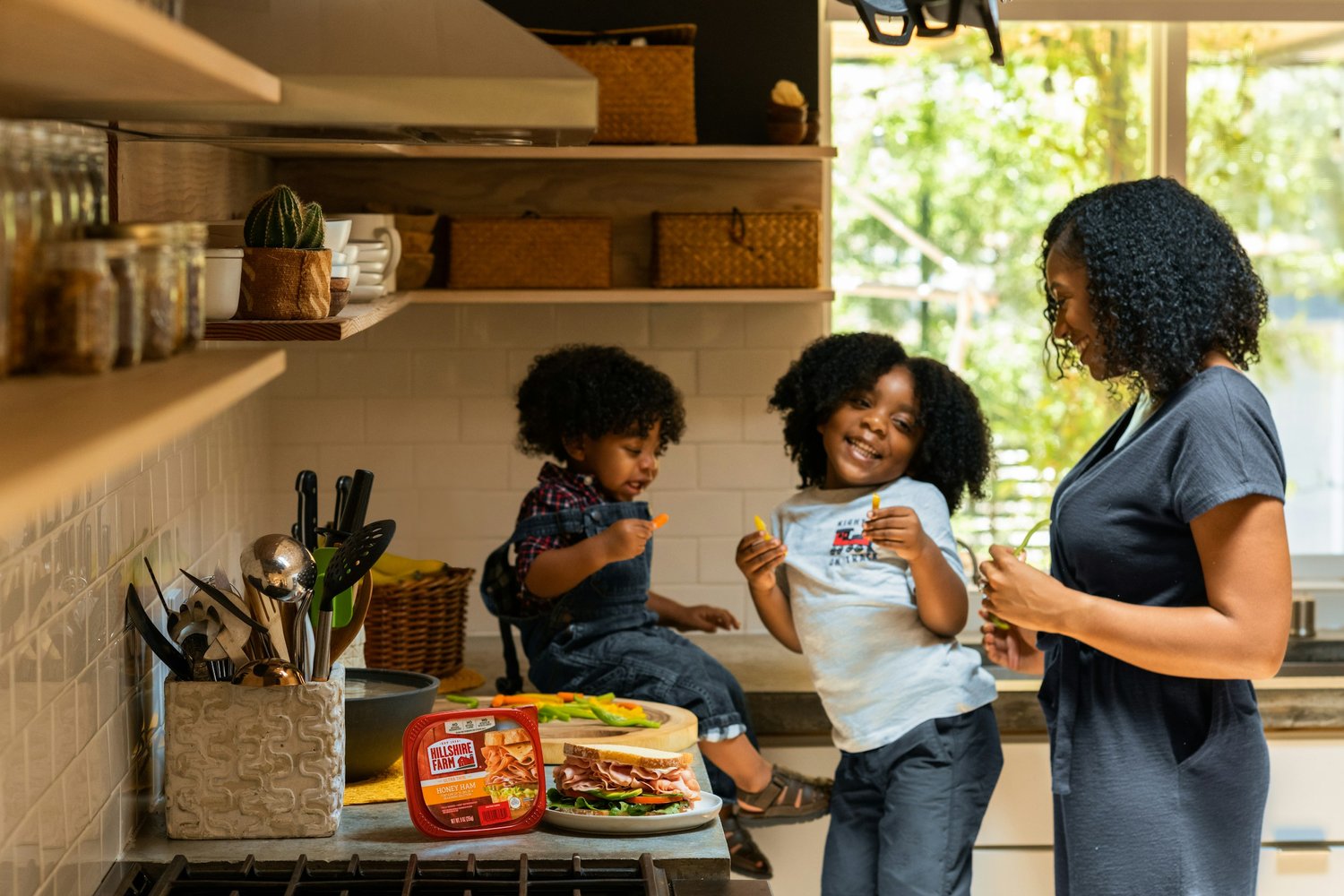
If you would like to completely overhaul the way you approach parenting and create gentle and mindful parenting practices to create calm in your home, Break Free from Reactive Parenting, can be a huge help in helping you uncover the answers to all the parenting problems you’re facing!
Break Free from Reactive Parenting discusses the importance of awareness and mindfulness in our parenting and why we can get sucked into the cycle of “reactive parenting.” But, luckily, it’s not a forever thing, and the cycle can be broken!
The book details both tips for parents and children for self-regulation and forming a plan and strategy to create a calm home, together. To balance the family coin, both parent and child must work as a team, instead of against each other in power struggles, to build a home that cultivates calm, joy, and peace. This February, let mindfulness guide you toward deeper connections and greater patience with your children.
You can grab the new audiobook for Break Free from Reactive Parenting and follow along with the physical book!
What Is Mindful Parenting?
Mindful parenting involves giving your unjudgemental focus to how you engage with your children, not criticising, and not being hurried. Instead of going on impulse when the emotions become emotional, you take a moment, observe what thoughts and feelings you have, and you respond deliberately.
The Advantages to Practicing Mindfulness as a Parent.
Better control of emotions:
Mindfulness assists parents to endure frustrations and stress, and as a result of mindfulness, parents are not angry and family conflicts do not occur so often.
Improved Parent- Child Relationship:
By showing up, your child feels: “I am noticed. You hear me with your own ears! I matter. I count.”
This brings trust and emotional security.“ — is either placeholder text or unrelated content in Latin/garbled form, so I’ve removed it for clarity.
Healthy Behaviour modelling:
Children are acquired to what they observe. Being patient and present also allows more likely chances that they will learn such traits in themselves.
Less Parental Burnout:
Mindfulness will rejuvenate the parents on a mental and emotional level, improving their resiliency.
A good training of Mindfulness skills to the parents.
The Pause and Breathe Method:
Learn to take a breath first before you act on the actions of a child. Three and then reply as sweetly as you can.
One-on-One Presence:
Find 10-15 minutes to sit down one-on-one with each of your children every day without a phone and without multitasking or distractions in front of them.
Gratitude Moments:
Prior to bedtime, or at a meal, remind yourself three things you are thankful. Make your children join in.
Mindful Transitions:
Use the brief mindfulness rituals to smooth any transition in place, whether out of play into a homework period, or school into home.
Addressing the Typical Problems:
Mindfulness does not imply that you will never get angry or stressed out. Laura Linn Knight tells parents that it is not the perfection, but the practice of mindfulness. You may forget in the moment but that is okay. The trick is to be able to tell when you have lost presence and to recover gracefully to gain it again.
Conclusions:
Mindful parenting does not solely refer to controlling the behaviour of your child but in taking a caring, appreciative and mindful relationship with your child. By integrating simple everyday mindfulness routines, you will have a more relaxed household, develop a closer relationship with your kids as well as equipping them with life skills that they will be able to use through the rest of their life. Laura Linn Knight explains that the best present you can offer to your child can be your presence.
